What’s the difference between foraging, scavenging, and looting and why does it matter? When might someone need to scavenge?
In ecology, scavengers consume other organisms that have died. In the context of modern survival, scavenging implies the opportunistic exploitation of resources for reuse or recycling such as the harvest of resources from a predator kill, a roadkill, dumpster diving, picking up antler sheds, the gleaning of fields (with permission), or reusing parts, wire, oil, fuel, or batteries from truly abandoned vehicles.
In the ecological context, foraging is the opportunistic procurement of wild resources, primarily food. As with scavenging, in the context of modern survival, survivors may forage for resources other than just food and they may do so in built or urban terrain in addition to wilderness.
Looting is the act of stealing or the taking of property that belongs others by force. Looting often occurs when looters believe there is an insufficient security or police presence to prevent to prevent the crime or insufficient will on the part of the government to hold them accountable for it. Therefore, looting is common during, and in the wake of, natural and manmade disasters, riots, and other events that temporarily exceed the ability of police and security forces to respond to property crimes. Looting generally contravenes both domestic and international law and can be a war crime.
The immediate danger of looting is that there is a greater risk of being shot in the aftermath of a disaster. A higher percentage of people will be on edge and armed.
On the other hand, Jabbar Gibson commandeered a bus to drive 60 people from his flooded New Orleans 16-hours from New Orleans to Houston in the aftermath of Hurricane Katrina. He was stopped by police, but they ultimately allowed to use the bus.
What should a reasonable person do when confronted with the choice of starving vs stealing? In Emergency: This Book Will Save Your Life Neil Strauss suggests, “It’s not stealing if you leave a note.” Leave a note for the property owner that documents what you have taken, the price, and contains your contact information so you can settle with the owner once they are able to accept payment again. I am not offering legal advice here or claiming there isn’t a prosecutor in the country that wouldn’t press charges, but, under the circumstances, but leaving a note is a demonstration of good faith. The honest motorist who backs into someone else’s vehicle in a parking lot does the same thing.
Likewise, the wilderness traveler who takes shelter in someone else’s cabin to survive a blizzard, should leave a note along with compensation for anything used, restock the firewood burned, and leave the stove stocked and ready to light. If one borrows a car, it should be returned clean, in good order, and with a full tank of gas.
If your actions pass the “reasonable person test”, they will be easier to explain, and when things go sideways, you may be doing your explaining at gunpoint.
Phone Books & Maps
Before the Internet, we used paper books called telephone directories or “phone books”. Today, the local phone book might not get delivered to your door if you don’t have a landline, which is a good idea to have, in case of emergency, since they often work when the cell system is down, but many households can no longer afford due to rampant inflation since Mr. Magoo drove the economic bus off the cliff. Fortunately, your local phone company will be happy to send you a phone book if you need one.
Another way to get phone books is to ask your neighbors or dumpster dive extra copies when they are delivered. Today, many people can’t imagine needing them so they throw them out right after they land on their doorstep … a move they could end up regretting in a long duration blackout.
While you’re collecting phone books, keep an eye out for compact copies for your vehicles and to take with you on foot since the standard phone books can be large and heavy, especially if you live in a big city.
Phonebooks list addresses and phone numbers for government, emergency services, businesses, and even private residences with listed phone numbers. Whether you need medicine, fuel, water, food, electricity or just about anything else in a city, it is probably listed in the telephone directory.
Phonebooks are also often a convenient source of paper maps.
Direction Sampling Searches
Direction sampling searches are a systematic way to familiarize yourself with the terrain and identify nearby resources. Scan the horizon, using optics if you have them, and identify possible resources, such as a cluster of tall cottonwood or sycamore trees in the desert. Take a bearing and head that direction for a predetermined amount of time, gather resources, taking notes and drawing a map, as you go. Once the time is up, head back to your camp or fixed site. Then pick another direction and do it again.
Before long, you will have an idea what resources are within half a day’s walk, decreasing the chances that you will miss some important resource just over the hill from your home or camp.
Medicine
Scavenged medicines prevent a few challenges: identifying unmarked pills, understanding their dosage and usage information, and knowing if they are dangerous once expired. Taking medicine that isn’t found in bottles sealed by the manufacturer is dangerous. Not taking medicine for certain diseases and health conditions is also dangerous.
A PDR, nursing guide, and drug reference books with photographs of common pills can be purchased inexpensively at thrift stores and will help identify medicines and when to use them. Joe Alton, MD wrote a great explanation of when expired and veterinary medicines are safe and when they are not, so I will leave that to medical professionals, but get a copy.
Wood, Solid Fuels, Wood Stoves, & Fire-starting Supplies
When the temperature drops and heaters stop working, people start burning anything that will burn to stay warm. Stove designs are not all created equal. Some, like the fireplace and straight chimney waste most of the heat generated. Others, like masonry fireplaces and ovens that run the heated air through an immense thermal mass by means of baffles with cleanout doors can heat a well-insulated home with one small fire per day and cook a meal and provide hot water while they do it.
Decide now how you plan to heat your home, cook, and boil water after the grid goes down, the natural gas line loses pressure, and the propane runs out. Anyone can build a simple rocket stove out of cinderblocks and run stove pipe out a stove jack installed in a window. Doing it without burning your home down may require planning and procurement of materials ahead of time.
You’ll need to collect firewood and haul it from where you find it to where you store it and then to where you burn it. To do that you’ll need tools and a handcart or equipment to skid logs. In past emergencies in cities, survivors pried up wood flooring, cut the wood studs out of walls of abandoned buildings and homes to burn. They used pry bars, saws, and other demolition tools to break up furniture, flooring and framing and carted off by hand.
You will have to weigh the risk of using loud tools such as chainsaws based on the security situation. Thinking it through, most survivalists decide to store extra wood or propane to reduce the probability they will have to scrounge wood.
Water
For those who don’t have access to reliable wells or live in communities with end-to-end gravity fed municipal water access to water can be a challenge. Even if you do have good water source, you should still have water storage and a backup water source. Anything that shakes the ground and pipes can stir up sediment, causing wells and city water to be unusable for a time.
I have seen the servicing of a city’s fire hydrants cause muddy water at the tap. Entitled residents then responded by stealing bottled water from fire trucks, slowing the effort to remedy the situation.
Locate the closest water source, decide what it will take to haul it to make it drinkable and haul it to where you will use it. For most people that will mean buying some barrels, hoses, and a pump to fill them, mechanical advantage such as ramps and rope and pullies to load them into a truck to move them. Without the truck, you may need a handcart and smaller, but still rugged containers like military issue Scepter water cans.
Building dwellers will also need small containers if they must haul water up many floors via the stairs. Buildings taller than a certain number of floors often pump water to a tank on the roof to achieve the desired water pressure and taps will work until the tank has been drained, so store what you need ASAP.
Sillcock keys open spigot access doors and operate water spigots on commercial and government properties. You may need one to turn water on at a park, church, or highway rest stop, national forest etc. In my area I have only seen the square 5/16” key used, so you might save the weight of a heavy 4-way sillcock key if you do your homework.
A short length of drinking water hose with a universal faucet adapter and a shower head adapter can help with the task of filling containers or taking a “birdbath” from a restroom sink or spigot.
Liquid & Gas Fuels
Getting gas out of vehicles is easy if you’re not worried about damaging somebody’s fuel tank or a grisly death if you create a spark puncturing a tank full of fumes. Otherwise, you need some hose, a siphon pump, and gas cans.
Entry Kit
For survival purposes, there are two types of entry: non-destructive and destructive. With practice and a few lightweight lock picks and bypass tools, even a novice can gain entry to most locks without destroying them. Cutting locks and prying open doors usually involves heavy tools that are harder to conceal, will invite suspicion in the aftermath of a disaster, and leave obvious evidence of forced entry. Wafer locks used on many RV’s and toolboxes use common keys and police cars and ambulances often use fleet keys, which means the same key opens the whole fleet and can often be purchased online or at flea market.
Don’t Leave Home, Don’t Get Caught, Carry Proof of Residency If You Do
At least in the wake of natural disasters, it has been much more common for survivors to be prevented from returning to their own homes, than to be compelled to leave them. It’s also safer to stay home, so prepare now, so that you can shelter in place, if possible, during an emergency.
Many more victims are injured post-disaster than are injured in disasters themselves. They are hurt trying to help others, clean up, or gather supplies. If you can, stay home. In the first months of the Russian invasion of Ukraine, I read multiple accounts people leaving to charge their cellphones and never coming home. If you read my articles, I hope you wouldn’t ever leave your home to charge a cellphone.
If you do go out, don’t get caught. If you do get stopped while foraging, whether by law enforcement, the post-apocalyptic version of the neighborhood watch, or just some sneaky granny who got the drop on you, it is going to be easier to convince them that you belong there and are just trying to keep yourself, your family, and your neighbors alive if you can prove that you live there. So, anyone venturing out should carry documents or ID that prove residency in case they are stopped by someone reasonable.


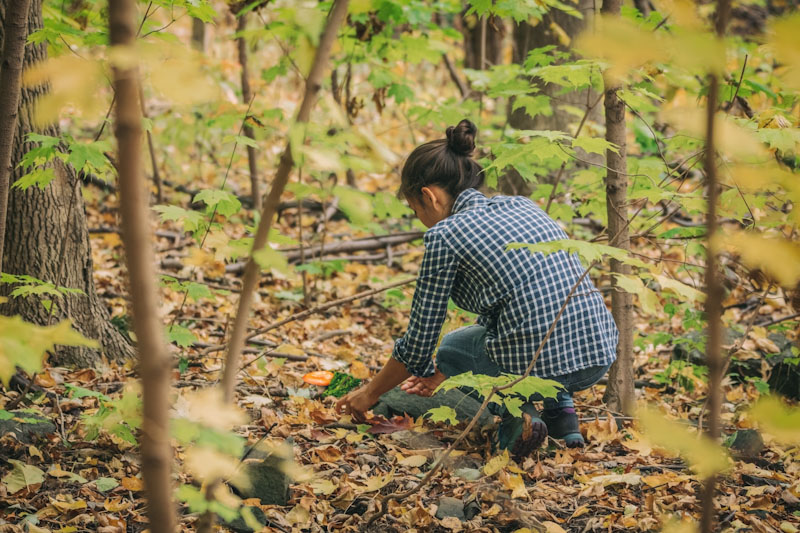



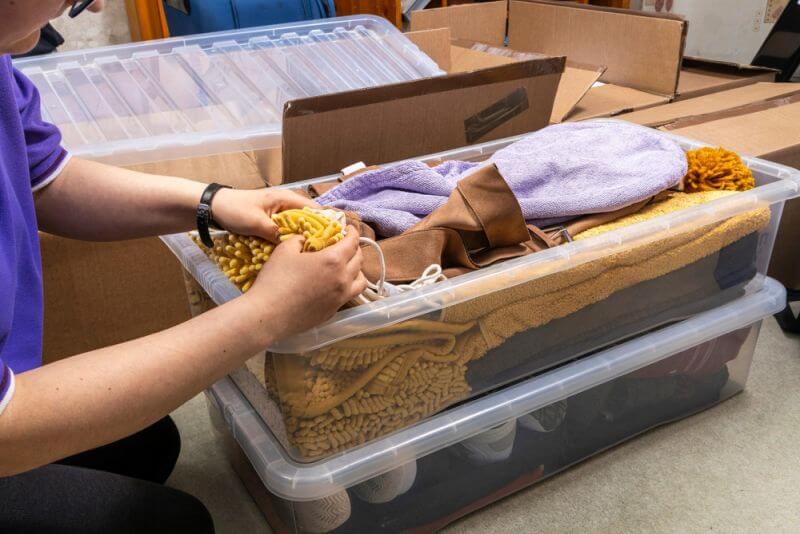
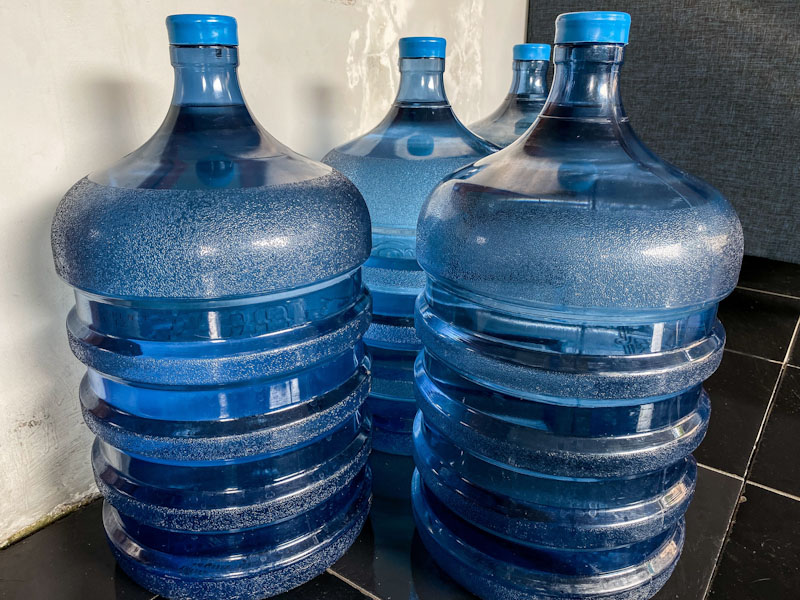
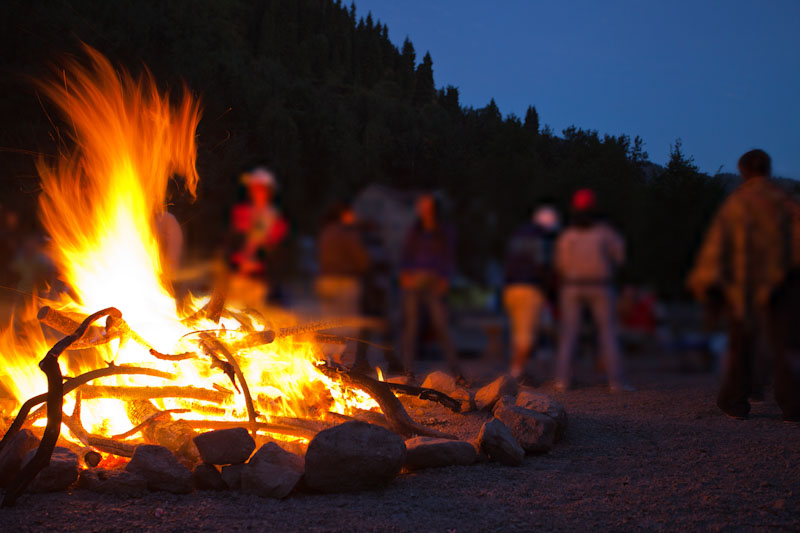
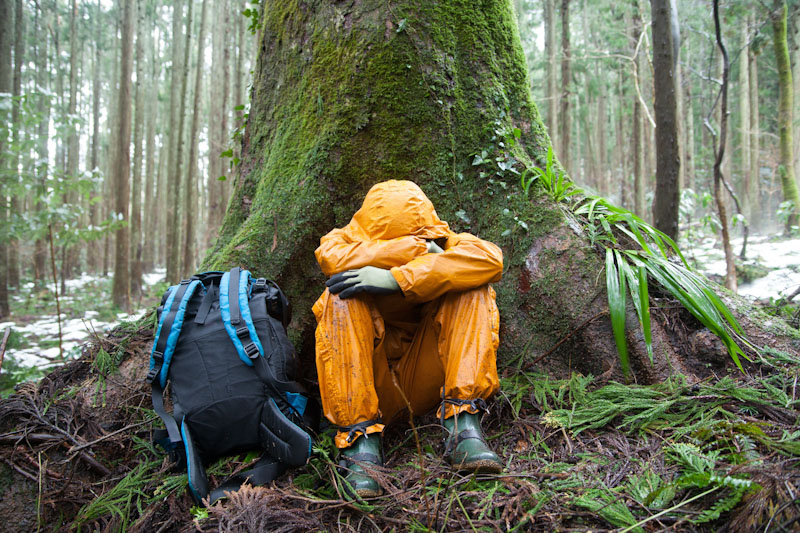

Alan | March 7, 2024
|
Are they still printing telephone books? Also, some states are getting rid of landlines
Ron | December 25, 2024
|
Install Drug Identification and interaction app from the smartphone store.